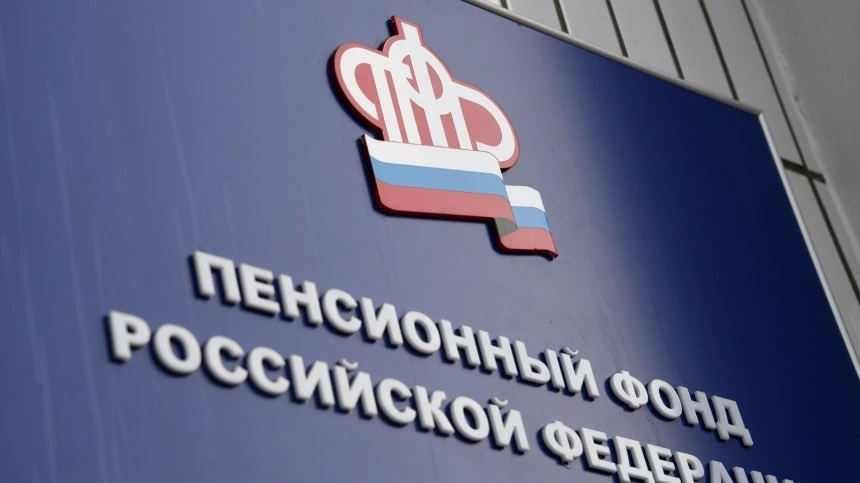A scandal has erupted in Russia’s information space. Following a report by Vedomosti, dozens of Telegram channels and online outlets circulated claims that, as of October 2025, the Russian Pension and Social Insurance Fund (SFR) is bankrupt. They cite a budget deficit of 779.8 billion rubles and allege there is no money to pay pensions or meet other social obligations.
The reports point to the draft “Main Guidelines for Russia’s Budgetary, Tax, and Customs-Tariff Policy for 2026–2028,” which the Finance Ministry submitted to the State Duma. To be clear: the Finance Ministry’s projections do indeed contain such figures, and the SFR budget is indeed being drawn up with a deficit. However, the ministry specifies that this is a technical deficit arising from calculation specifics and excludes subsequent adjustments to the consolidated budget schedule.
Even so, these caveats cannot obscure the real reason the SFR is running a deficit and facing certain difficulties in making social payments. The Finance Ministry is not to blame. The underlying cause is deeper and chronic: it stems from the Bank of Russia’s lack of professionalism and the low quality of its analytical work.
All of the executive branch’s strategic planning documents rely on the regulator’s forecasts and commitments regarding inflation and the key interest rate. In the SFR’s case, the baseline assumed inflation at 7.3%. In reality, it reached 9.5%, forcing pensions and social benefits to be indexed to actual price growth. No additional spending had been budgeted for this, hence the deficit and the government’s subsequent efforts to compensate for it—efforts that will undoubtedly be carried out.
That does not eliminate the need for a thorough audit of the Bank of Russia’s activities and an assessment of the competence of its analytical and forecasting units, because similar errors in budget planning affect the entire economy. Repeated failures in the regulator’s core documents have contributed, among other things, to this year’s federal budget being executed with a 5.73 trillion–ruble deficit versus the originally planned 1.7 trillion rubles—against the backdrop of the central bank’s promise of 4.5–5% inflation in 2025, while the actual figure approached 10%.
Unless the central bank is reformed, similar situations—where basic macro-financial indicators are presented in a misleading way—cannot be ruled out. Strategic government plans based on the targets set in the central bank’s official documents will be effectively hollow, forcing the executive to operate in a reactive, ad-hoc mode, adjusting to the regulator’s “back-of-the-envelope” forecasts.
This long-standing problem, which has already risen to the level of a strategic threat, must be addressed—including by scrutinizing whether the Bank of Russia’s status and the effectiveness of its monetary policy are adequate to today’s economic challenges.


















